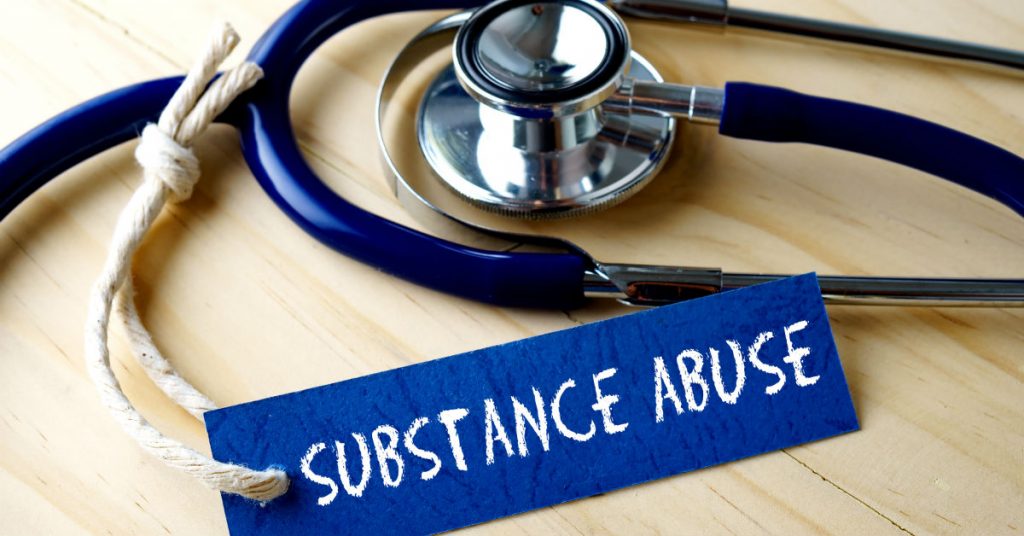
The vast majority of American parents have some level of concern about their teens when it comes to substance abuse. This concern usually isn’t due to a lack of trust, or a belief that they are intentionally going against what they’ve been taught. We worry because we love our kids and want them to grow into happy, productive adults. We don’t want them risking their well-being or even their lives due to substance abuse.
Drug Use Statistics
Despite our concerns and good intentions, however, the facts of teen substance abuse continue to paint a grim picture. Teens continue to abuse, although the substances they turn to are continually changing. New synthetics, such as “spice” or “pink” are coming out all the time, as well as new trends in prescription abuse. Sadly, many teens and parents alike tend to underestimate what’s really going on.
For example, drug statistics include these and other facts:
- Nearly half of high school seniors have abused some kind of drug.
- Even by 8th grade, marijuana has been used by 15% of kids.
- More than half of teens (60%) report being aware that drugs are sold and used in their school.
- Many teens don’t understand marijuana. 60% of seniors don’t see regular use of marijuana as harmful, but its active ingredient has almost 5 times the strength than it did two decades ago.
- 43% of American high school seniors have taken marijuana.
- In states where medical marijuana is legal, 1/3 of teens acquire their pot from others’ prescriptions.
- Of American 12th graders, 8.6% have used hallucinogens such as LSD.
- Prescription drug use is on the rise. In fact, more teens die of overdoses of prescription drugs than of cocaine and heroine combined.
- In the US, we have only 5% of the world’s population, but 75% of the world’s prescription drugs are prescribed and used in this country.
- Of teens who abuse prescription drugs, 60% get them for free from friends or relatives…even your own medicine cabinet.
- Bath salts can be used to get high. In fact, 1.3% of high school seniors have used them for this purpose.
- 7.6% of teens are using the prescription drug Aderall — known as the “study drug.”
- 64% of teens admit to using prescription pain killers that they acquired from friends or family.
About Cigarettes and Alcohol
- 15.5% of American students have tried cigarettes by 8th grade.
- Close to 7% of high school seniors smoke daily.
- Smoking is seen as dangerous by only 20% of 12th graders
- Each day in the United States, an estimated 3,900 kids under age 18 smoke their first cigarette. Statistically, half of them will become daily smokers.
- 30% of kids have tried alcohol by grade 8.
- 58% of high school sophomores, and 71% of seniors have abused alcohol
- 23% of high school seniors report binge drinking
- 24% of 12th graders admit to riding with a driver who had been drinking, and 8% admit to dinking and driving themselves.
- Teens who use alcohol are 50% more likely to try cocaine than those who don’t drink.
Help Your Teen Avoid These Dangers
The statistics are certainly frightening, but there is some good news. Parents who discuss the dangers of these substances with their teens on a regular basis can lessen their kids’ chances of using by 42%. Sadly, however, only 25% of teenagers report their parents actually having these conversations with them.
We want our kids to know we trust them. We know they’re smart, and pretty good at figuring things out. Perhaps we feel the dangers of drugs are pretty obvious. But are we making assumptions about what our teen does and doesn’t understand about drugs? Do we fail to clarify what we expect from and want for our teenagers?
Have an Honest Conversation
Many parents feel less urgency to discuss substance abuse with their teens, because we assume this information is being given at school or even at church. But that isn’t always the case, and if it is, it may not be getting through. Nothing hits home with a teen like an honest, open conversation with a parent who loves them.
Parents need to educate themselves, then take the initiative to have those difficult conversations with their kids. If you’re unsure how to talk to your teen about drugs and alcohol, you may find an opening by discussing what they’ve learned in class about the subject, or going over some of these. If you need help, get some professional advice. It takes a little effort and may be uncomfortable, but our kids are worth it.










Speak Your Mind